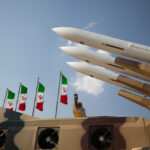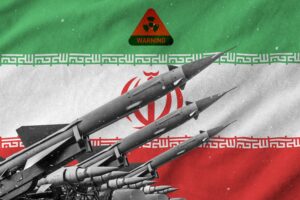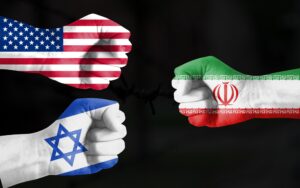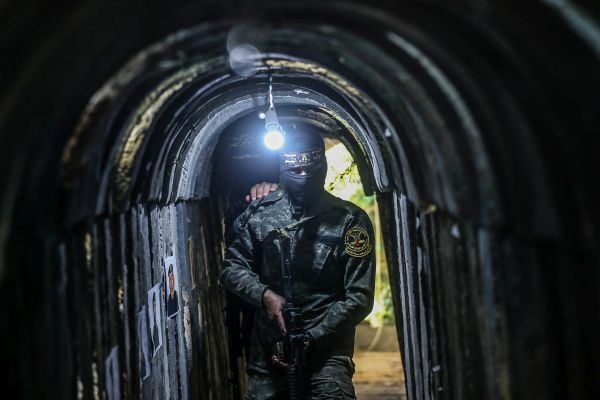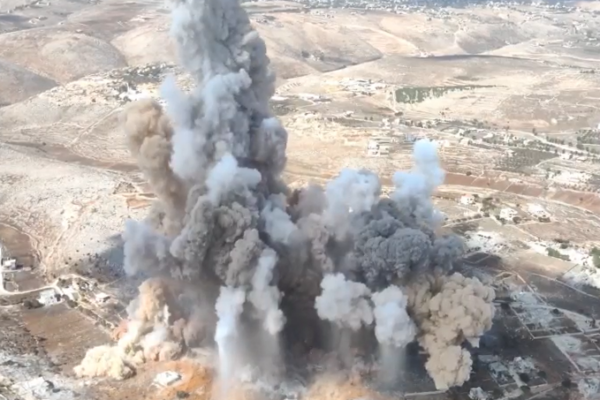Prime Minister Benjamin Netanyahu recently warned that ‘all hell will break loose’ if Hamas violates the agreement.
By Hezy Laing
The recent failure by Hamas to return the remains of slain hostages, as specified in the ceasefre agreement, has led many to wonder how easily Israel could return to fighting Hamas.
In a recent interview with CBS News, Prime Minister Benjamin Netanyahu warned the Hamas that if it does not disarm, as demanded by Trump’s peace plan, “all hell will break loose.”
But this is easier said than done.
Israel’s ability to restart the war is constrained by several significant obstacles.
Chief among them is international pressure.
The ceasefire was brokered by the United States, Egypt, and Qatar, and any unilateral Israeli military action could strain these diplomatic relationships and provoke global condemnation, particularly if civilian casualties mount.
Another major concern is the fate of bodies of the hostages who were killed. Renewed combat could jeopardize their release.
Humanitarian commitments also weigh heavily.
Israel agreed to facilitate aid and reconstruction efforts in Gaza, and resuming hostilities would likely halt these operations and invite backlash from humanitarian organizations and allies.
Domestically, political divisions also pose a challenge.
While Prime Minister Netanyahu’s coalition favors a sharp response to breach of the agreement, opposition leaders, most of ther media and large segments of the security establishment will make renewal of hostilities difficult, especially if Hamas’s violations are ambiguous or deniable.
Despite these hurdles, Israel retains considerable capacity to resume military operations.
The IDF remains on high alert, with surveillance infrastructure, air superiority, and partial reserve mobilization enabling rapid response.
Public sentiment in Israel remains highly skeptical of Hamas’s intentions, and any breach of the ceasefire—particularly renewed rocket fire or refusal to disarm—would likely galvanize support for military action.
President Trump’s administration has publicly committed to enforcing the agreement, with Trump himself warning that if Hamas does not disarm voluntarily, the United States will intervene “quickly and perhaps violently.”
The ceasefire includes snapback provisions that allow Israel to respond militarily if Hamas breaches key terms.
Ultimately, while Israel has the tools and legal framework to restart the war, doing so would require careful navigation of diplomatic, humanitarian, and political complexities.














